After the smaller crop last year, caused by the drought and late storms, this year’s harvest has just started with the Macabeo and Chardonnay varieties for Cava now being picked. The harvest has almost returned to traditional dates this year…after gradually coming forward by up to three weeks, in recent years, due to global warming.
A colder spring with later flowering is the main reason for this delay. Combined with a wet winter which replenished the water table and a good hot summer, this has produced a good crop of healthy grapes. So far, there has been very little damage from summer hailstorms. This is all leading to potentially the best harvest for some years.
At the same time, more and more wines from the region are winning prizes at International competitions.
Bodegas Latorre, Vegalfaro, Murviedro, Dominio de la Vega, Hispano + Suizas, Covilor and Coviñas amongst others have won awards in Brussels & Frankfurt in Mundus Vini (The Grand International Wine Award). They are also being rated here in Spain in guides such as Guia Peñin and apps such as Vivino.
Traditionally, the region has also been a seller of bulk wine for export. However, even this trend is changing with 2017 seeing a record amount of wine bottled and exported to the emerging Chinese market, Northern Europe, the UK, North and South America. All of this from a wine region which, 10 years ago, was unknown outside of Spain!
Much of this change in marketing has been led by the Council leading the D.O. which has taken Bobal, the region’s autóctono variety, on tours to present the best wines to customers overseas in the USA, China and Denmark. On October 1st, Bobal will go to London for the first time (officially) with Sarah Jane Evans MW leading a masterclass tasting for British wine professionals in St James, heart of the capital.
The decision to seek UNESCO World Heritage Status of itself has not led to the wines being better known but it has raised the status and knowledge of the region’s 2500+ years of wine-making, making Utiel-Requena a target for increasing numbers of wine lovers and wine tourists.
Some 75, 000 visitors attended FEREVIN, held over the last full weekend of August 2018 in Requena’s iconic Feria Recintal, a purpose-built exhibition centre on the edge of town where 20 bodegas showed a huge range of wines. Amongst them were the new Pugnus range from Murviedro, the new Escapada range from Coviñas aimed at introducing young wines to younger drinkers, a semi-dulce Bobal from Aluvión preserving the natural fruit flavours and sugars, a new Pinot Noir from Cerrogallina, a new wine from Carlos Carcel, (a wine from the oldest plot of Bobal vines in the area planted in 1906) amongst many others.
Vi Vid attended the Feria for the opening session on the Thursday and on the Saturday after a visit to Coviñas with our tasting group the Circulo de Vino de Pedralba.
We took the opportunity to speak to bodega owners and winemakers about developments. Chief amongst these has been a deliberate policy to make more wines from Bobal and make them in traditional ways, to emphasise the varieties characteristics. We were not surprised to hear more bodegas are experimenting with tinajas, the terracotta vessels for fermenting and storing wine which were used when winemaking commenced in the region in the Iberian period! We have reported over the last year on wines which have been commercialised using this technique including Bodegas Pigar, Vera de Estenas and Vagalfaro. Whilst not all the experiments will end up in new wines to the market, it is all adding to the knowledge of what the variety is capable of and its potential for further development.
To this extent, the D.O. (Denominación de Origen) is continuing its development of new planting techniques, in terms of orientation and watering, to help combat the effects of climate change. A major study is also underway to identify, locate and plot the planting of Bobal which make up 70% of planted varieties. This will eventually include identifying different clones of Bobal and soil types. This is so that in the future new plantings will be tailored by the clonal variety, which best matches the soil type, to produce the best quality grapes and thus wines.
Also more bodegas are now accepting visitors for the first time, opening up the opportunities for wine lovers and interested visitors to experience how the region’s wines more fully taste in situ and truly understand how the winemaking process works first-hand. VÍ Vid undertake small group tours in this region with bodegas not normally available to the public. If you are interested, you should contact us at the e-mail below. We tailor visits to a bodega with a tasting and then a meal in a local restaurant noted for its traditional gastronomy which, after all, is the best match for the local wine!
Riki Wigley and Marian Daras of VÍ Vid
VÍ Vid is a project supporting the development of wine knowledge and gastronomy in the Valencian Community. We run wine clubs, give tastings of Valencian wines in English and support wine-maker and bodega directly. We can be found in Instagram (Vivid8402), and through our blog VÍ Vid at https://vvidblog.wordpress.com, in Facebook, (https://www.facebook.comVivideventos and in Twitter @vividvinos. Our Valencia Wine Nights tastings in Valencia will start again before the end of September.
Related Post
This site uses Akismet to reduce spam. Learn how your comment data is processed.



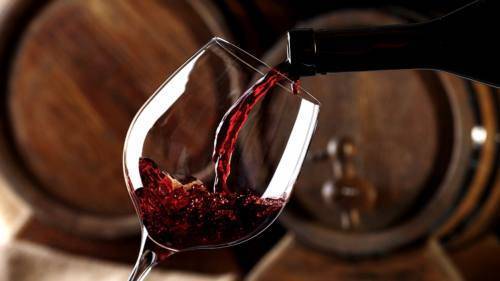

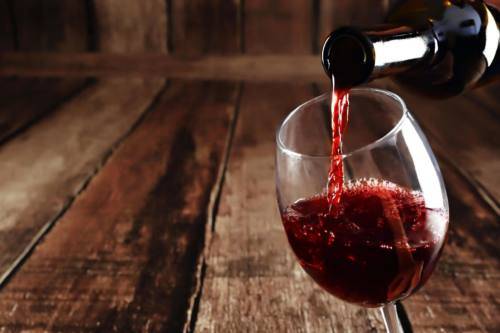
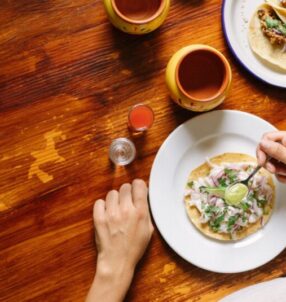
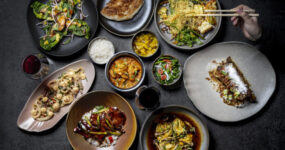

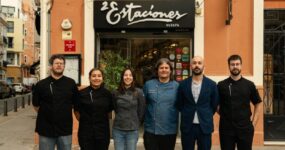
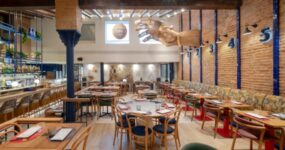


















Leave a comment